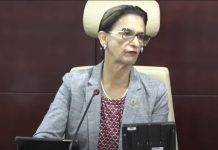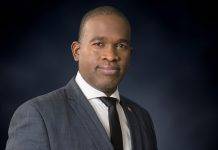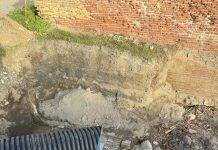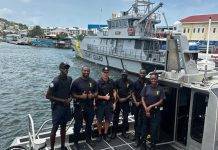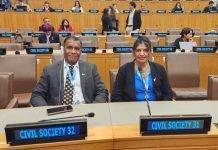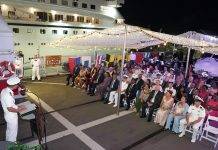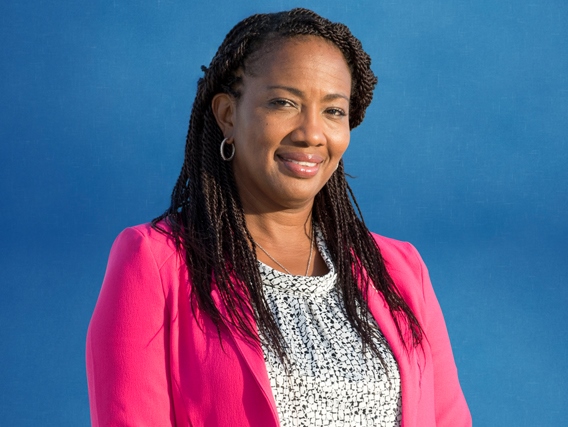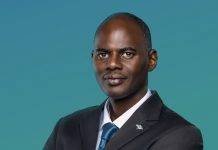~ …by the Launching of the second phase of the “Tell them what you want to learn” campaign. ~
PHILIPSBURG, Sint Maarten — The UNESCO Regional Bureau of Education for Latin America and the Caribbean is working with other organizations in the region to implement the second phase of an online consultation, which asks young people between the ages of 15 and 25 to “Tell them what you want to learn.”
The first phase of the consultation -implemented from June 14th, to July 14th, of this year- showed that young people want to learn about a wide range of topics, and to open themselves up for learning about pending issues for today’s world. The preliminary results illustrate young people’s desire to learn in settings beyond schools and traditional forms of teaching.
The consultation allows young people to express their thoughts on what types of learning they consider to be relevant, how they want to learn, and the topics and methods that are most interesting to them. The ideas and answers received will help the rethinking and redesigning of education in the future.
The online consultation was launched to get young people’s perspective on how particularly Goal # 4 “ To ensure inclusive and equitable quality education promote lifelong learning opportunities for all” in the 2030 Agenda for Sustainable Development, can be achieved.
This global commitment, was adopted by over 193 countries, and is now in need of adaptation to the realities of Latin America and the Caribbean. In order to do this, it is pivotal that the opinion of our young people are obtained to guide the educational policies of the next years.
The Deadline to submit input is Oct. 30th, 2016.UNESCO Regional Bureau of Education for Latin America and the Caribbean with headquarters in Santiago, Chile (OREALC/UNESCO Santiago), was created in 1963 for the purpose of assisting the region’s 37 Member States, which includes St. Maarten, in the definition of strategies to further the development of their education policies.
The short survey which comprises of less than 10 questions, can be done online in the English or Spanish languages. Take part, share your opinions, visit the following link: http://on.unesco.org/1ZLq2V9
For further information you can follow news at www.facebook.com/unescosantiago



